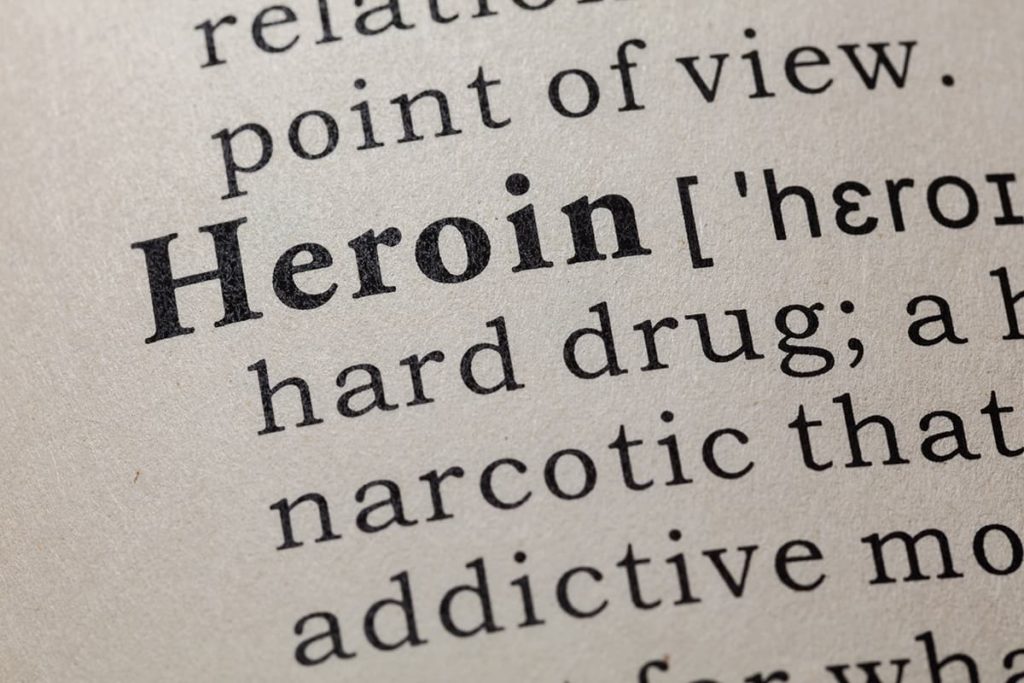Methamphetamine, or meth, is a powerful, highly addictive stimulant that affects the central nervous system. Because of its addictive nature, the transition from occasional recreational use to abuse and addiction can happen quickly. Meth addiction can have severe mental and physical side effects, including overdose and death.
Meth use is on the rise throughout the world. Research suggests it now surpasses heroin and cocaine use combined. The Ranch offers meth rehab in Nashville. Recognized as a leader in addiction treatment in Tennessee, we are committed to helping clients overcome meth addiction to achieve lasting recovery. If you or your loved one struggles with meth addiction, we are here to help. Call 1.844.876.7680 to get help today.
Signs and Symptoms of Meth Abuse
Meth is usually smoked but can also be swallowed, snorted, or injected. The production of meth requires toxic chemicals that remain in the finished product. When meth is smoked, the exposure to these chemicals erodes the gums and teeth. Known as “meth mouth,” this condition is an obvious indication of meth abuse or addiction.
Meth abuse results in a range of physical, behavioral, and psychological signs and symptoms.
Physical Signs and Symptoms
Some of the physical symptoms of meth use disorder include:
- Enlarged pupils and light sensitivity
- Increased blood pressure and heart rate
- Hyperactivity and restlessness
- Rapid and significant weight loss
- Acne or skin sores from picking at the skin
- Neglect of hygiene and physical appearance
- Twitching or involuntary muscle movements
- Irregular sleep patterns, including insomnia
- Nausea and vomiting
- Weakened immunity
These physical signs and symptoms can have long-term consequences and contribute to the development of serious health conditions, including organ damage, strokes, and heart attacks.
Behavioral Signs and Symptoms
Meth abuse can adversely affect behavioral health in the following ways:
- Social withdrawal and isolation from friends and family
- Neglect of responsibilities and poor performance at school, work, or home
- Engaging in criminal activity while under the influence or to obtain meth
- Compulsive or repetitive behaviors, such as obsessive cleaning or organizing
- Engaging in risky behaviors, such as needle sharing or unprotected sex
- Long periods of wakefulness followed by long periods of sleep
The behavioral signs and symptoms of meth abuse can negatively impact personal and professional relationships, create job instability, or lead to legal issues.
Psychological Signs and Symptoms
Using meth may also damage mental health, causing the following symptoms:
- Intense feelings of happiness and pleasure
- Increased irritability and aggression that can lead to violent behavior
- Hallucinations
- Delusions
- Extreme mood swings and emotional instability
- Depression, especially during withdrawals
- Anxiety and paranoia
- Psychosis
The euphoric sense of pleasure and happiness is what drives the cycle of addiction. Prolonged meth abuse can contribute to cognitive losses, including memory loss and difficulty with problem-solving and decision-making.
Detecting Meth in Your System
How long meth stays in your system depends on several factors, including your metabolism, the dosage, frequency of use, and method of use. The following is a general guide:
- Meth can be detected in saliva for one to four days.
- Meth can be detected in urine for three to six days.
- Meth can be detected in blood for one to three days.
- Meth can be detected in hair follicles for 90+ days.
Meth is quickly metabolized by the liver and excreted through urine. Meth use, especially heavy or prolonged use, has severe impacts on the liver, including:
- Direct liver toxicity that causes the damage or death of liver cells
- Chronic inflammation of the liver
- An imbalance between free radicals and the body’s ability to detoxify them
- Fibrosis, or the build-up of scar tissue in the liver
- Cirrhosis, or severe scarring that impedes liver functioning
- Reduced ability of the liver to metabolize other substances
Meth abuse also contributes to malnutrition and dehydration, which can exacerbate liver damage.
Call The Ranch Today for Meth Rehab in Nashville
At The Ranch, comprehensive meth rehab includes medical detox, medication-assisted treatment (MAT), and a combination of evidence-based and holistic therapies and treatments tailored to each client’s unique needs. If you or someone you love is battling meth addiction, call The Ranch at 1.844.876.7680 or complete our online form to get help today.




